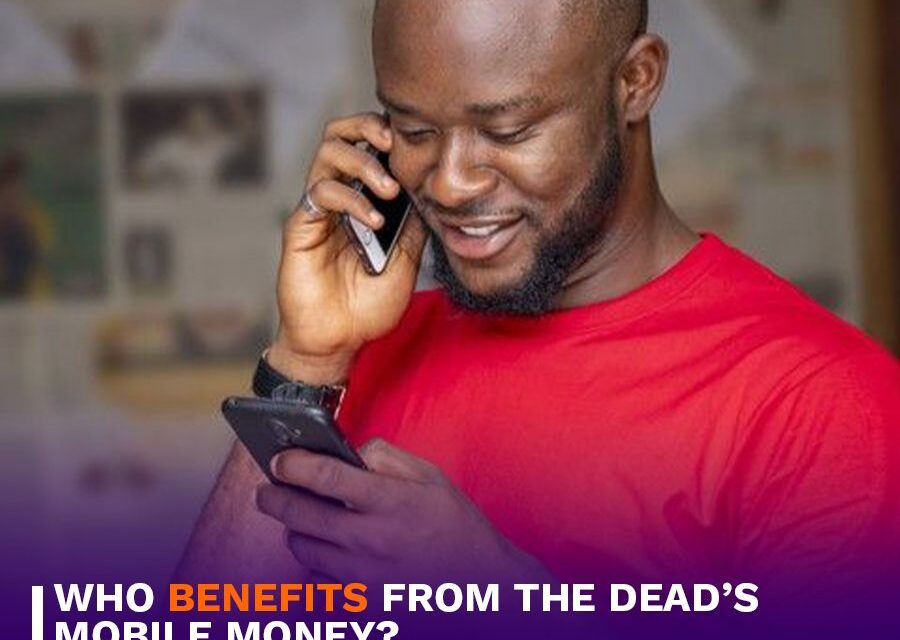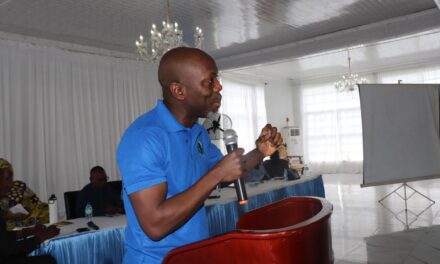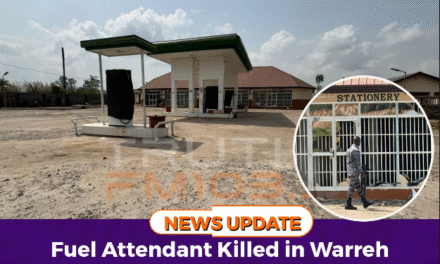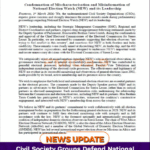By Davida Spaine-Solomon
Freetown, September 22nd 2025- In Sierra Leone’s fast-evolving financial landscape, mobile money has become as indispensable as traditional banking. Services like Orange Money and Afri-Money now anchor daily commerce from market women settling payments with wholesalers to professionals paying bills with a simple tap. With just a SIM card and a PIN, users can store and move thousands of new Leones, bypassing the need for a bank account entirely.
But as mobile wallets grow in popularity, a troubling question looms over the digital economy: What happens to the money when a subscriber dies?
Unlike banks, which require next-of-kin details for account recovery, mobile money platforms have long operated in a regulatory gray zone. When a user passes away, the funds in their wallet often remain locked, inaccessible to grieving families who may urgently need them.
Truth Media spoke to Sierra Leoneans who’ve lived through this dilemma.
Leonard Pratt, a Freetown resident, lost his wife earlier this year. She was a businesswoman who relied heavily on mobile money for daily transactions. “When I checked the account, there was a huge sum of money in there,” Leonard said. “If I hadn’t known the password, I wouldn’t have been able to access it. That money was needed to keep the business running and take care of our family.”
His story underscores a critical gap: access depends on luck, not policy.
Mariama Kamara’s experience was less fortunate. After her father’s death, her family was unable to retrieve what they believe was a significant balance in his mobile wallet. “We couldn’t get the PIN, and the line eventually got deactivated,” she said. “We are sure there was money there, but none of us could access it.”
For families like Mariama’s, the lack of a clear recovery process means money that could ease financial strain remains trapped in the system.
Recognizing this challenge, AfriMoney has become the first mobile money provider in Sierra Leone to introduce a “Next of Kin” feature. Operations Assistant Manager Mamadou Barrie explained, “We received several complaints from families who couldn’t access their loved ones’ money. Now, users can add someone as a next of kin on their account.”
The process is guided by regulations from the Bank of Sierra Leone (BSL) and the National Commission for Social Action (NaCSA). Claimants must present a death certificate and, if necessary, legal authorization. Verification can take up to two weeks.
Barrie acknowledged that the feature was quietly rolled out in August 2025. Customers can now update their next-of-kin details directly from the AfriMoney menu, no office visit required.
Still, the lack of widespread awareness and inconsistent policies across providers leaves many families vulnerable. As mobile money becomes central to Sierra Leone’s financial ecosystem, the absence of standardized inheritance protocols risks undermining trust in the system.
The question remains: Will all mobile money providers follow Afri-Money’s lead and build transparent, accessible policies to protect users and their families? In a digital economy where every Leone counts, the answer could shape the future of financial inclusion and determine who truly benefits from the dead’s mobile money.









